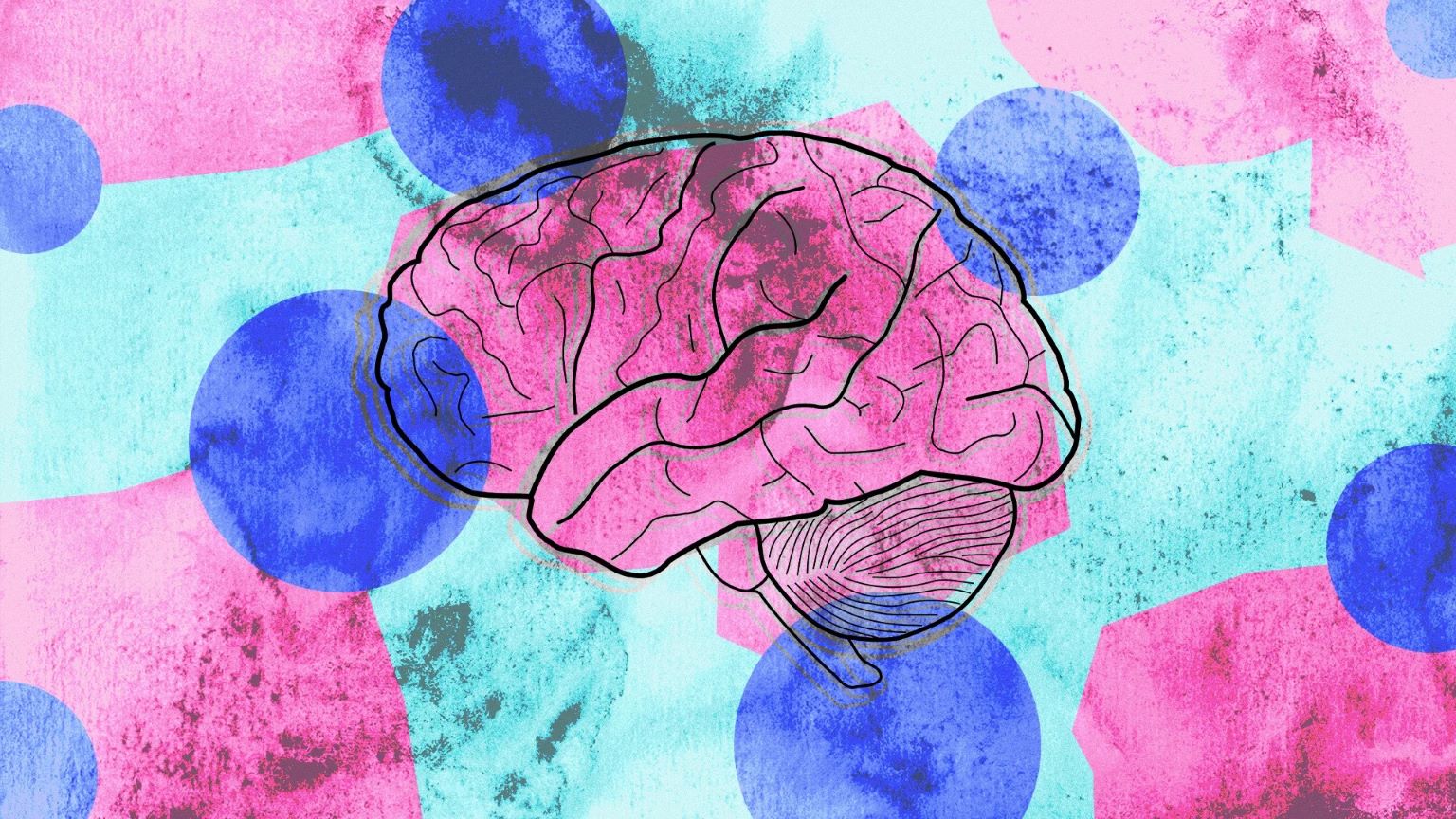A new dimension of the devastating impacts of climate change is emerging – the ways in which global warming is affecting the human brain.
In a paper published today (November 13) in Nature Climate Change, an international team of scholars investigates how changes in the environment are influencing brain function, and how climate change could impact our cognitive abilities in the future.
Led by the University of Vienna, the study involves contributions from the universities of Geneva, New York, Chicago, Washington, Stanford, Exeter in the UK, and the Max Planck Institute in Berlin. The paper also underscores the pivotal role of neuroscientists in comprehending and addressing these challenges.
Lead author Dr. Kimberly C. Doell, from the University of Vienna, remarked: “We’ve long understood that environmental factors can induce changes in the brain.
However, we are just beginning to investigate how climate change, the most pressing global threat of our time, might alter our brains.
With the increasing frequency of extreme weather events, combined with factors such as air pollution, access to nature, and the stress and anxiety surrounding climate change, it is crucial to comprehend the potential impact on our brains.
Only then can we begin to devise strategies to mitigate these changes.”
Since the 1940s, researchers have known from studies in mice that alterations in environmental conditions can significantly impact brain development and plasticity.

Similar effects have been observed in humans, particularly in studies examining the effects of childhood poverty, which have identified disruptions in brain systems due to factors such as cognitive deprivation, exposure to toxins, inadequate nutrition, and heightened stress during childhood.
While not unexpected, this research underscores the profound influence of one’s environment on brain health.
Now, the authors advocate for further research to investigate how exposure to more frequent and intense weather events – such as heatwaves, droughts, hurricanes, forest fires, and floods – may alter brain structure, function, and health.
They also call for studies to look at how such changes may contribute to shifts in well-being and behavior.
The paper also examines the role that neuroscience can play in shaping our understanding of climate change, our decision-making processes, and our responses.
Dr. Mathew White, from the Universities of Exeter and Vienna and a co-author of the study, commented: “Understanding neural processes that influence motivations, emotions, and long-term perspectives may help predict behavior and enhance our understanding of the underlying barriers that prevent people from behaving in more environmentally friendly ways.
Both brain function and climate change are highly intricate domains. It is essential to recognize their interconnectedness and take measures to safeguard our brains against the future impacts of climate change, while also leveraging our cognitive abilities to cope with current challenges and prevent worst-case scenarios.”
